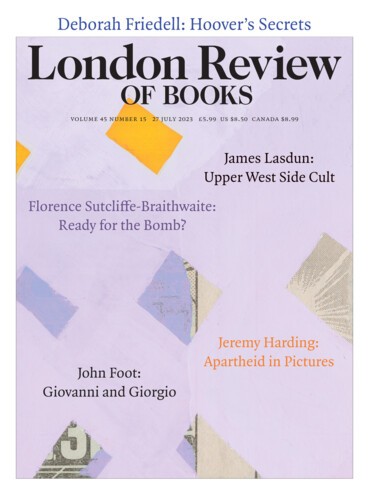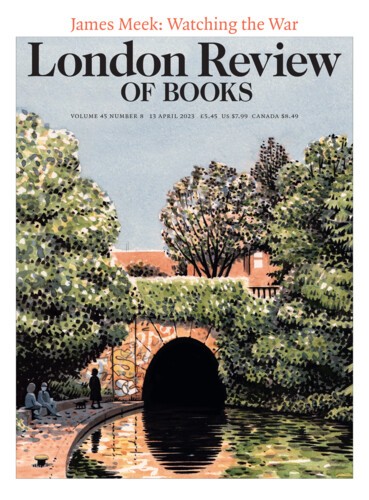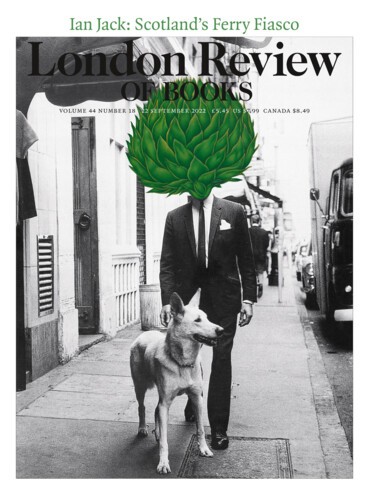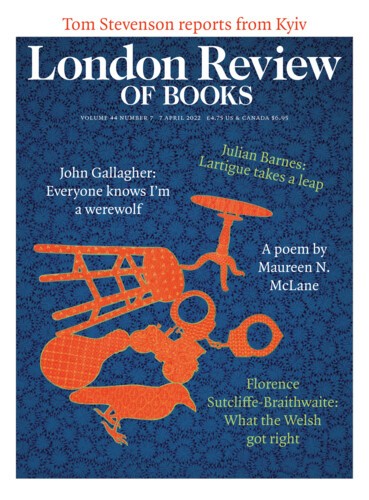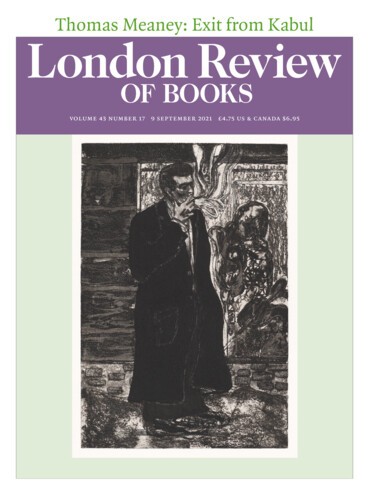No Place for Grumblers: Ready for the Bomb?
Florence Sutcliffe-Braithwaite, 27 July 2023
In 1955, William Strath was asked to produce a report for the government on the possible impact of nuclear conflict on the UK. Strath, a former tax inspector, economic planner and experienced civil servant, came to the conclusion that Britain was unlikely to emerge from a nuclear attack as a functioning society, never mind as a nation able to wage war. The United States had recently tested...
